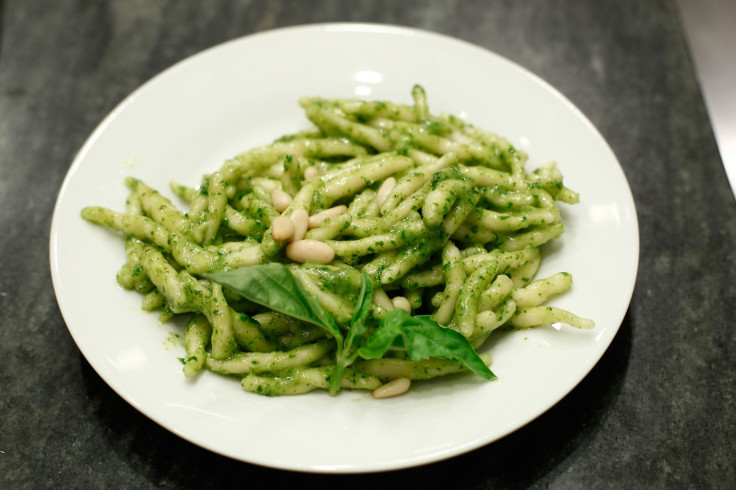Some pesto brands contain more salt than seawater does
If you eat a lot of pesto you might want to read this

Campaigners have warned that popular pesto sauces contain high levels of salt and are contributing to heart disease in consumers.
In a new study, Consensus Action on Salt and Health (CASH) says that urgent action needs to be taken by public health authorities against the food industry as manufacturers fail to meet salt-level targets set for the end of this year.
CASH has singled out specific brands for criticism. Sacla, the current bestselling pesto brand, produces two products that contain an alarming 3.30g salt per 100g, making it 30% saltier than seawater.
Pesto is typically created from basil, olive oil, Parmesan cheese, pine nuts and, typically, a generous helping of salt. Originating in Genoa, the popular dish has gone from a regional Italian dish to one regularly served in British home cooking.
Campaigners have also criticised the manufacturers for failing to introduce colour-coded front of pack nutrition label which could help guide consumers.
The report states: "Pesto is often added to sandwiches, pizzas, meat, fish and pasta dishes alongside other salty ingredients, which can push up the total salt content of meals to over 50% of your maximum daily recommended intake."
"For example, a pesto, ham and cheese toastie could provide you with over 3g salt."
Speaking to Sky News, CASH chairman Graham MacGregor said that the findings were a "national scandal."
According to the report, these are the worst offending products in UK stores:
Sacla Italia Pesto No.1 Classic Basil – 3.30g per 100g
Sacla Italia Pesto No.2 Sun-Dried Tomato – 3.00g per 100g
Napolina Green Pesto with Basil – 2.50g per 100g
Gino D'Acampo Pesto alla Genovese Basil Pesto – 2.30g per 100g
Truly Italian Genovese Basil Pesto – 2.0g per 100g
© Copyright IBTimes 2025. All rights reserved.






















